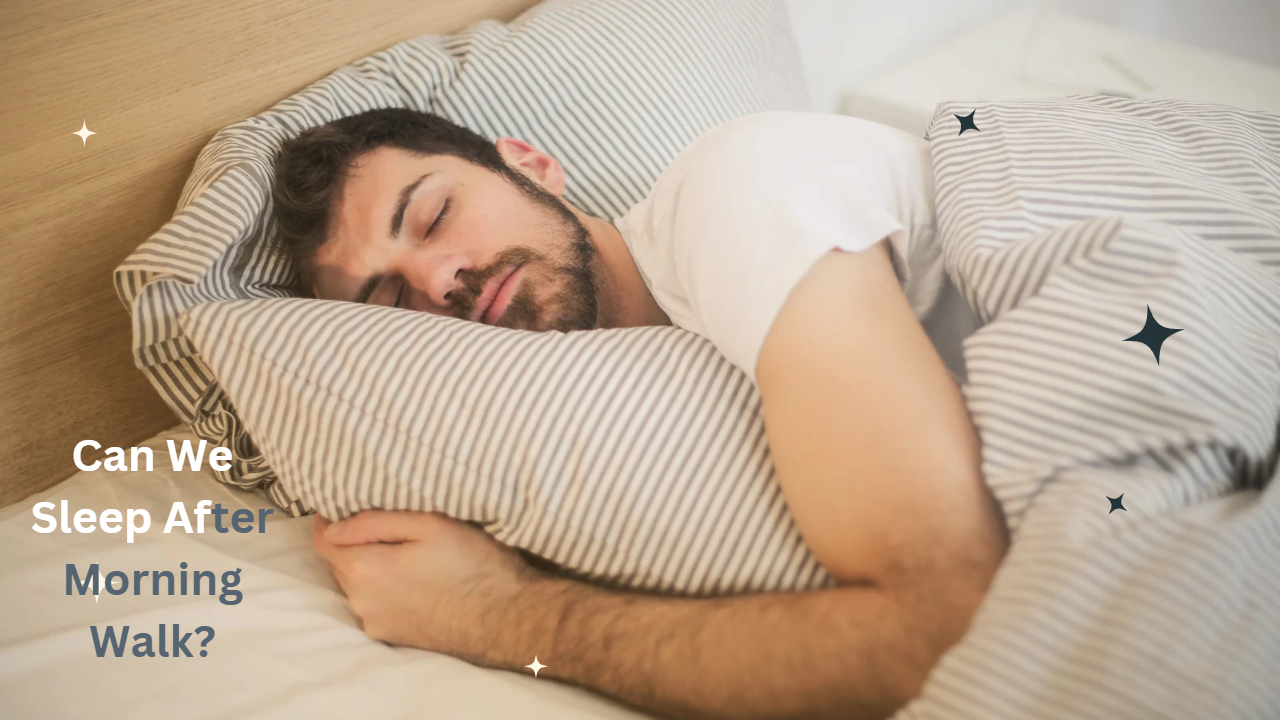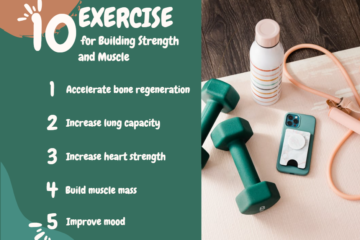Can We Sleep After Morning Walk?
Morning walks have been recognized for their wide range of health benefits, such as enhanced physical fitness, elevated mood, and heightened energy levels throughout the day. Nonetheless, a common query arises regarding the suitability of sleeping after a morning walk. This article aims to investigate the correlation between morning exercise and sleep quality, examining its impact on our well-being and offering valuable insights to assist individuals in optimizing their daily routines for a more restful night’s sleep.

Is this normal or not?
It is normal to feel tired after a morning walk, and many people find it beneficial to rest or take a nap afterwards. Physical activity, including morning walks, can increase energy expenditure and temporarily elevate heart rate and body temperature. After exercise, the body naturally seeks recovery and relaxation, and sleep can play a vital role in this process. However, individual experiences may vary, and some individuals may find it difficult to fall asleep immediately after exercise due to increased alertness. It is important to listen to your body and determine what works best for you in terms of post-exercise rest and sleep patterns.
Why does this happen?
Several factors can contribute to feeling tired and ready for sleep after a morning walk. Physical exercise stimulates the release of endorphins, which promote a sense of relaxation and well-being. Additionally, exercise increases body temperature, and as the body cools down post-exercise, it can induce a drowsy state. The combination of physical exertion, increased endorphins, and a drop in body temperature can make falling asleep more manageable for some individuals. However, it’s important to note that personal differences exist, and while many people find it easier to sleep after a morning walk, others may experience increased alertness. Understanding your body’s response to exercise and adjusting your routine accordingly can help optimize your sleep patterns.
same or opposite
same can we sleep after morning walk
Sleeping immediately after a morning walk can have different effects on individuals. For some, engaging in physical activity can promote relaxation, release endorphins, and lower body temperature, making it easier to fall asleep. These individuals may experience improved sleep quality and find that a post-walk nap enhances their overall well-being. On the other hand, some people may find it difficult to fall asleep right after exercise due to increased alertness or elevated energy levels. It’s important to understand your body’s unique response and consider factors like personal preferences, fitness levels, and overall sleep patterns when determining whether sleeping after a morning walk is suitable for you.
opposite can we sleep after morning walk
For some individuals, sleeping immediately after a morning walk can be challenging. Engaging in physical activity can increase alertness, heart rate, and body temperature, making it difficult to transition into a state of restful sleep. The surge of endorphins and adrenaline that accompanies exercise can also keep some people awake. Additionally, the energizing effects of a morning walk may disrupt the body’s natural circadian rhythm, causing difficulties in falling asleep. It’s important to listen to your body and consider your individual response to exercise to determine whether it is best to allow some time for relaxation before attempting to sleep after a morning walk.

How long should you sleep?
The duration of sleep after a morning walk can vary depending on individual needs and preferences. Ideally, it is recommended to aim for 7-9 hours of sleep per night for adults. However, the exact duration of sleep following a morning walk will depend on factors such as overall sleep quality, personal energy levels, and individual schedules. Some individuals may find that a short nap of 20-30 minutes after exercise can provide a refreshing boost, while others may require a longer period of rest. It is important to listen to your body’s signals and adjust your sleep duration accordingly to ensure adequate rest and rejuvenation.
Other Suggestion
If sleeping immediately after a morning walk is not feasible or desired, there are alternative suggestions to consider. Instead of sleeping, you can opt for a period of rest and relaxation to allow your body to recover. Engaging in activities like stretching, deep breathing exercises, or meditation can promote relaxation and help your body wind down. Additionally, you can use the time to engage in low-impact activities such as reading, listening to calming music, or taking a warm bath to promote relaxation and mental rejuvenation. Experimenting with different post-walk routines can help you find the optimal balance between physical activity and restfulness.




